Protests reverberate globally, with Palestinian flags unfurling amidst impassioned crowds demanding an end to the conflict in the Gaza Strip. However, an upcoming event, Eurovision Song Contest, stands apart from this tide of solidarity.
Set to commence in Malmo, Sweden, the contest organizers have decided to restrict the display of Palestinian flags and slogans concerning the Israel-Hamas conflict within the venue.
Attendees are permitted to showcase only flags representing the 37 participating nations, which notably includes Israel. The exception is made for rainbow and pride flags symbolizing the LGBTQ+ community.
Restrictions Spark Debate as Palestinian Flags Absent from Glitzy Contest
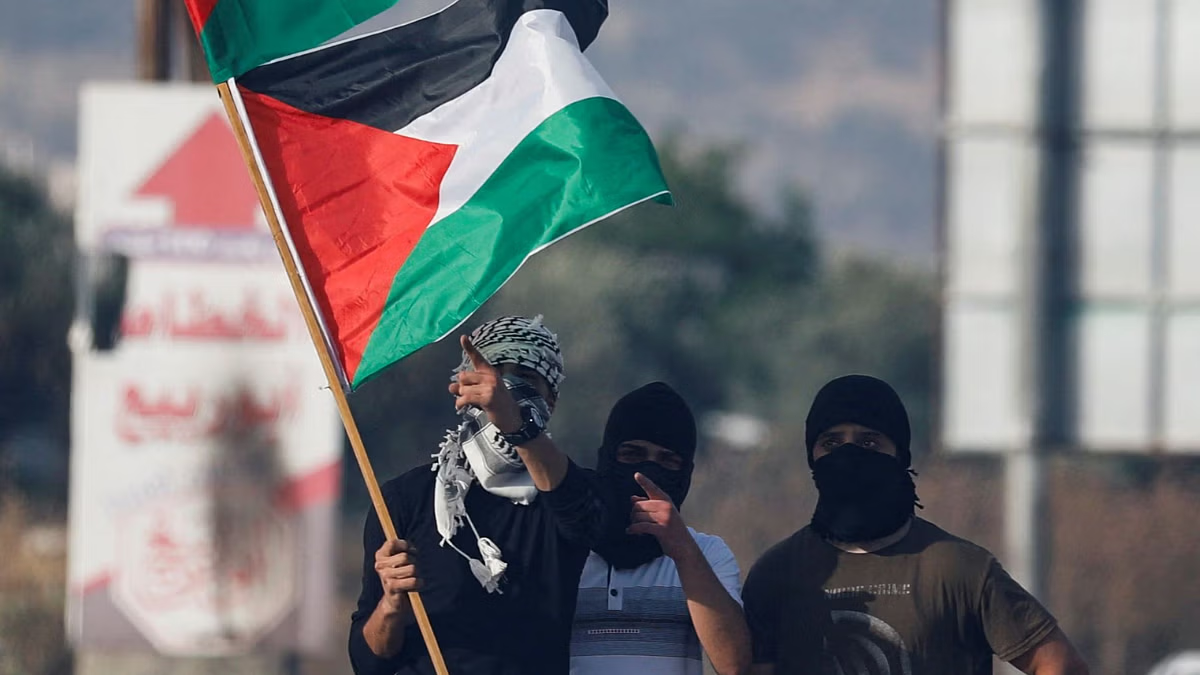
Eurovision, traditionally apolitical, has maintained this flag policy, which remains unchanged since the previous edition in Liverpool, England.
Nonetheless, this ruling has sparked discontent among some Eurovision enthusiasts. Inga Straumland, an Icelandic supporter, condemned the decision, labeling it as a severe limitation on freedom of expression, particularly since the flag of Israel, a contestant, will be present.
Despite not being geographically situated in Europe, Israel’s participation is permissible due to its broadcaster’s membership in the European Broadcasting Union.
However, the country’s involvement has sparked controversy, especially with this year’s entry, “Hurricane,” performed by 20-year-old Eden Golan. The song, initially titled “October Rain,” is interpreted by many as a reflection of Israeli sorrow following the Hamas-led attacks in October.
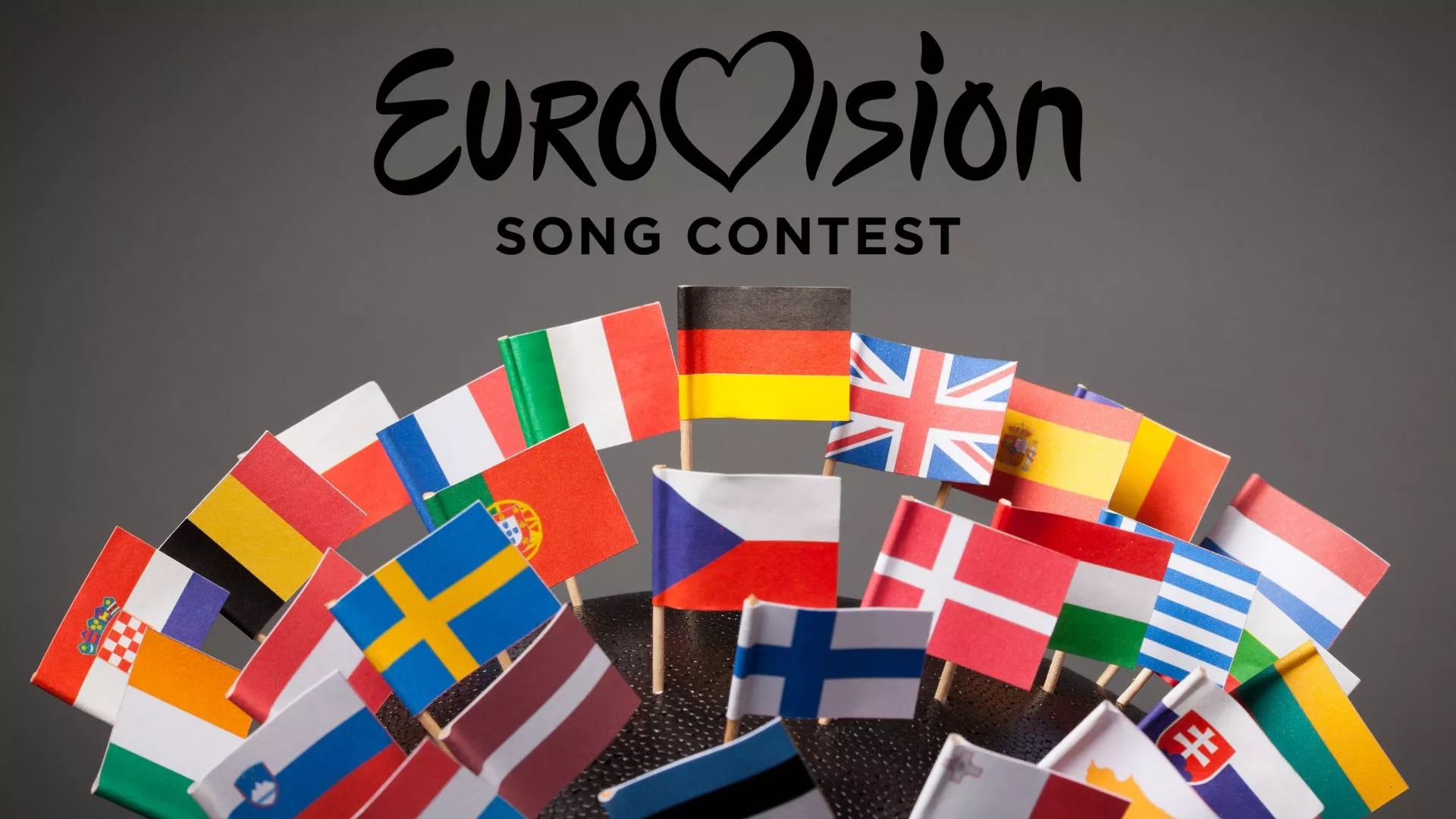
Eurovision, renowned as the world’s premier cultural event, has historically refrained from political statements on its stage, aiming to foster unity among nations. Nevertheless, the ongoing conflict in Gaza has proven challenging to keep at bay.
While calls to ban Israel from the event have surfaced from various quarters, Eurovision’s organizers remain resolute. They argue that Eurovision is not a platform for governmental disputes but rather a celebration of music and diversity.
Despite the ban on political statements within the venue, Eurovision’s organizers have affirmed their support for freedom of speech, permitting pro-Palestinian demonstrations outside the arena during the finals.
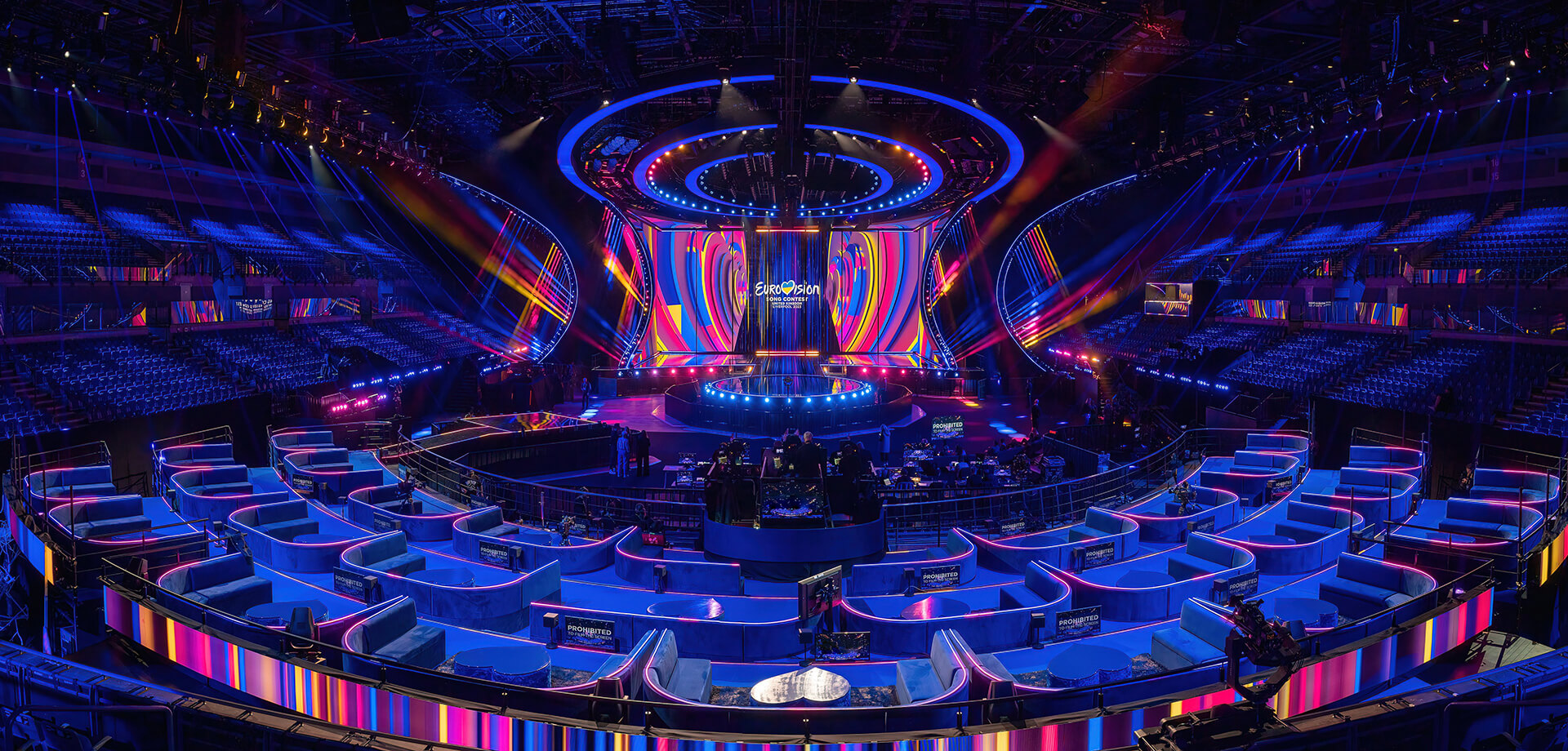
This year’s Eurovision flag policy isn’t without precedent; in 2016, organizers restricted flags to prevent the display of symbols associated with terrorist groups and separatist causes.
While some fans accept this policy as standard practice, others, like Straumland, feel disillusioned and plan to boycott the event in favor of alternative celebrations.
In the face of controversy, Eurovision stands firm in its commitment to inclusivity, even as it navigates the complexities of geopolitical tensions on its stage.

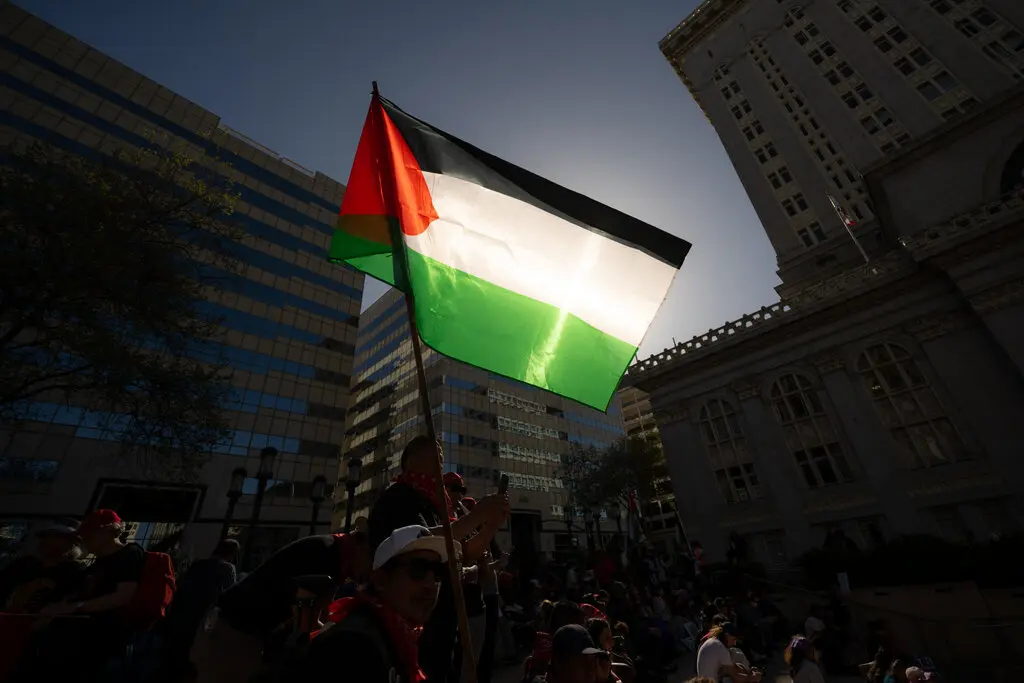




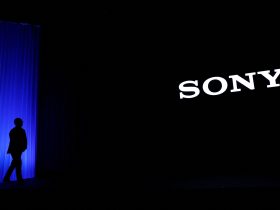
Leave a Reply